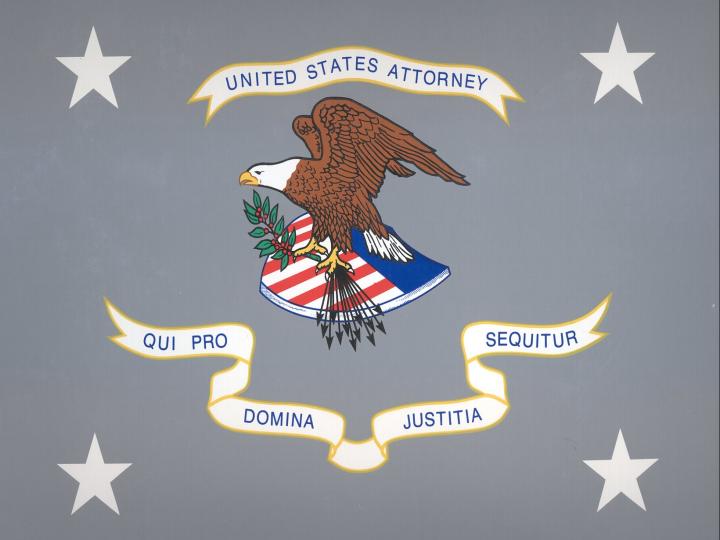About

There are currently 93 United States Attorneys stationed throughout the United States, Puerto Rico, Guam and the Northern Marianas. One U.S. Attorney is assigned to each judicial district with the exception of Guam and the Northern Marianas, where a single U.S. Attorney serves in both districts.
History
The Office of the U.S. Attorneys was created by the Judiciary Act of 1789 which provided for the appointment in each district of a meet person learned in the law to act as attorney for the United States... whose duty it shall be to prosecute in each district all delinquents for crimes and offenses, recognizable under the authority of the United States, and all civil actions in which the United States shall be concerned. Initially, U.S. Attorneys were not supervised by the Attorney General; but Congress, in the Act of August 2, 1861, charged the Attorney General with the "general superintendence and direction duties..."
While the precise nature of the superintendence and direction was not defined, the Department of Justice Act of June 22, 1870 and the Act of June 30, 1906 clearly established the power of the Attorney General to supervise criminal and civil proceedings in any district. Today, as in 1789, the U.S. Attorney retains, among other responsibilities, the duty to "prosecute for all offenses against the United States."
This duty is to be discharged under the supervision of the Attorney General.
Appointment
United States Attorneys are appointed by the President with the advice and consent of the Senate for a four-year term. Upon expiration of this term, the U.S. Attorney continues to perform the duties of the office until a successor is confirmed. U.S. Attorneys are subject to removal at the will of the President. See Parsons v. United States, 167 U.S. 314 (1897).
Residence
All U.S. Attorneys must reside in the district of their appointment except that in the District of Columbia and the Southern and Eastern Districts of New York, they may reside within 20 miles of their district. These provisions do not apply to a U.S. Attorney appointed for the Northern Mariana Islands who at the same time is serving in the same capacity in another district.
Authority
Although the Attorney General has supervision over all litigation to which the United States or any agency thereof is a party, and has direction of all U.S. Attorneys, and their assistants, in the discharge of their respective duties, each U.S. Attorney, within his/her district, has the responsibility and authority to: (a) prosecute all offenses against the United States; (b) prosecute or defend all civil actions, suits, or proceedings in which the United States is concerned; (c) appear on behalf of the defendants in all civil actions, suits or proceedings pending in the district against collectors, or other officers of the revenue or customs for any act done by them or for the recovery of any money exacted by or paid to such officers, and by them paid into the Treasury; (d) institute and prosecute proceedings for the collection of fines, penalties, and forfeitures incurred for violation of any revenue law unless satisfied upon investigation that justice does not require such proceedings; (e) make such reports as the Attorney General shall direct.
By virtue of this grant of statutory authority and the practical realities of representing the United States throughout the country, U.S. Attorneys conduct most of the trial work in which the United States is a party. They are the principal federal law enforcement officers in their judicial districts. In the exercise of their prosecutorial discretion, U.S. Attorneys implement the policy of the Department of Justice. Their professional abilities and the need for their impartiality in administering justice directly affect the public's perception of federal law enforcement.

 U.S. Department
of Justice
U.S. Department
of Justice